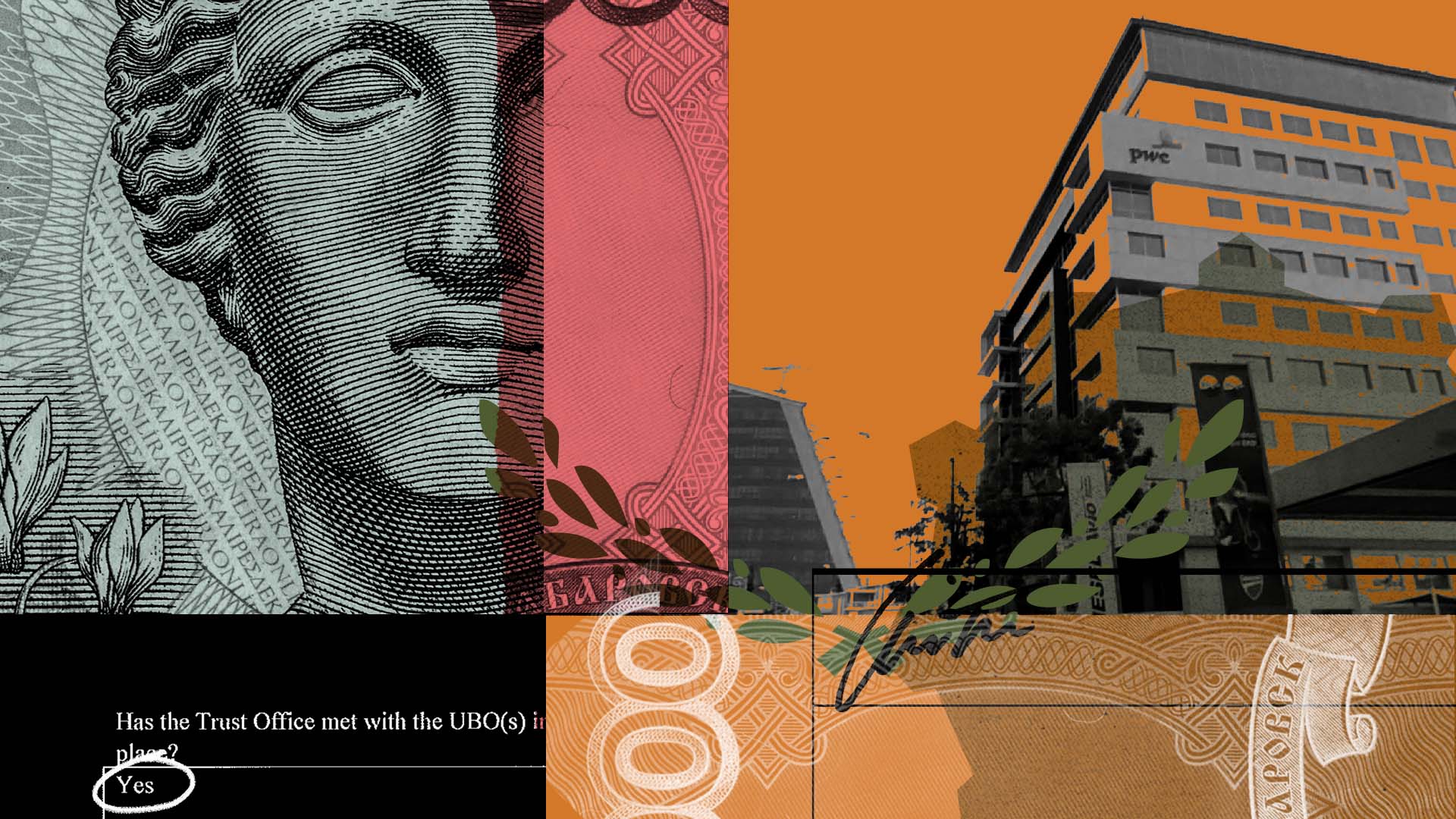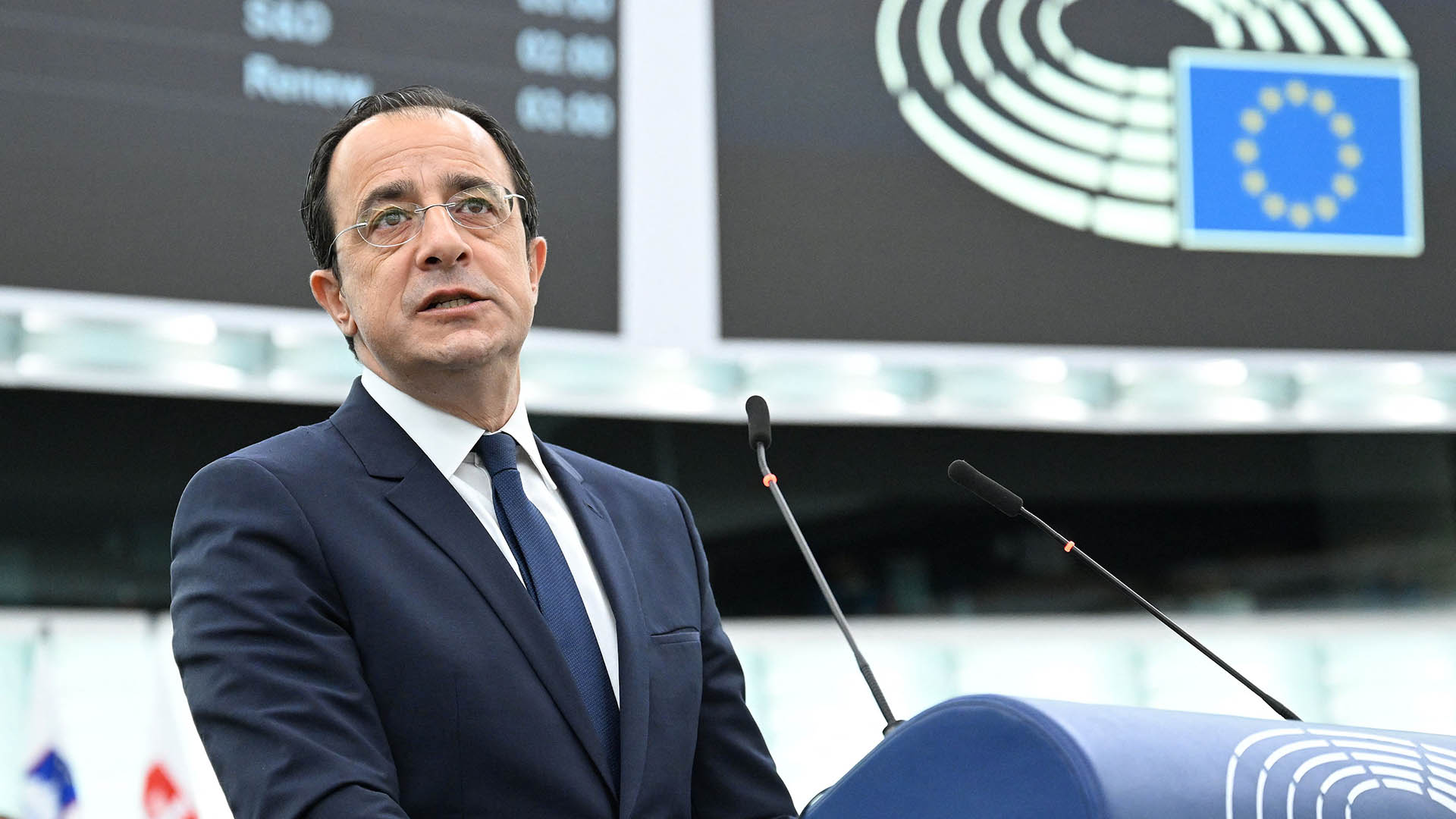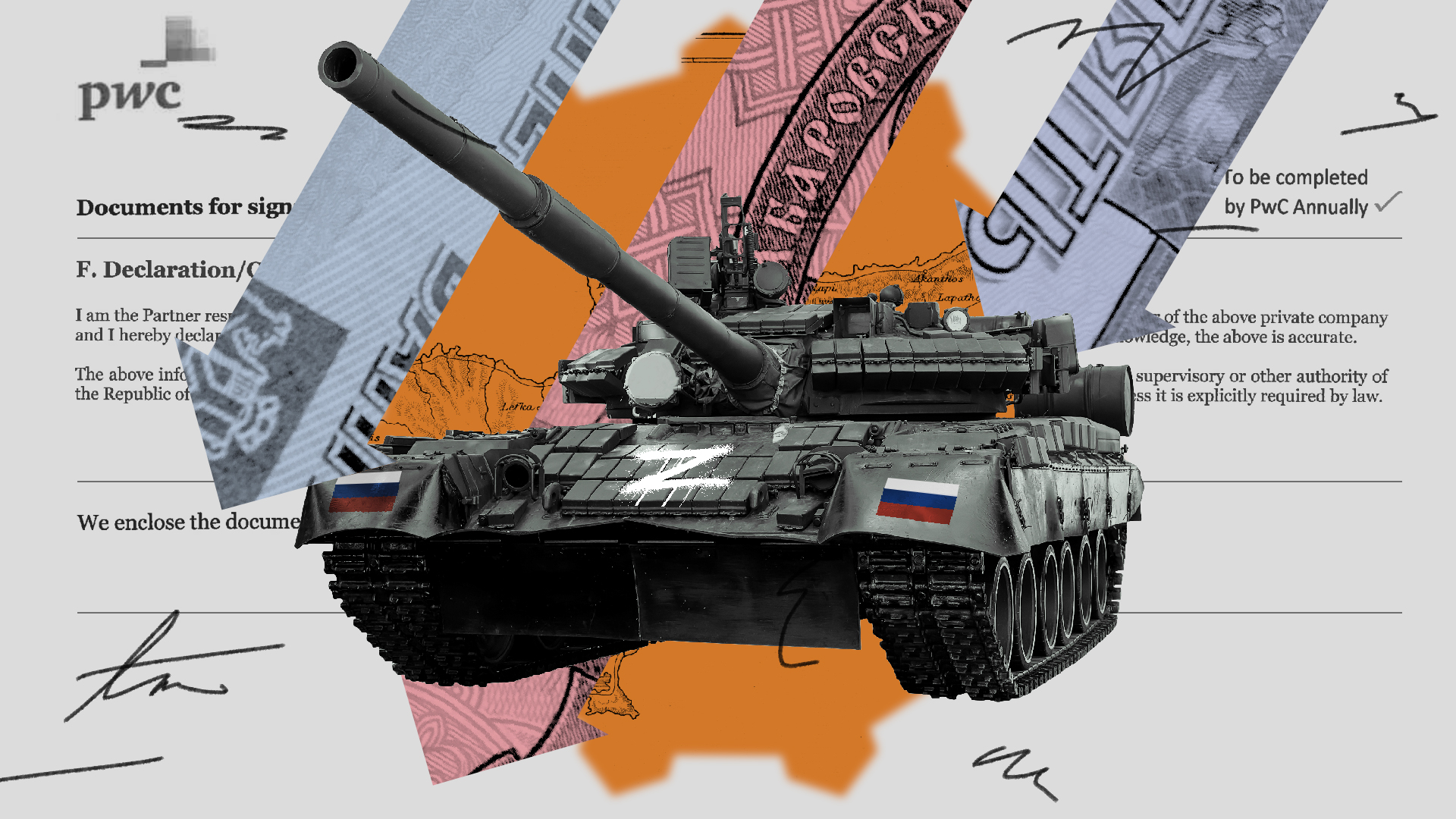In both Georgia and the breakaway region of Abkhazia, speculation is mounting that the Kremlin might be willing to appease the Georgian authorities by creating an illusion of returning control over occupied territories. While this scenario remains unconfirmed and largely confined to the realm of rumors, its emergence suggests that Moscow is gauging public opinion both within Georgia and beyond the Caucasus.
The floated scenario implies that the Kremlin is prepared to support a friendly Georgian government in exchange for the appearance of returning the contested regions of Abkhazia and South Ossetia. This theory gained traction after recent signs of Moscow extending an olive branch to Tbilisi, including lifting visa requirements for Georgian citizens, resuming direct flights, and instructing the regimes in Abkhazia and South Ossetia to avoid moves that could destabilize the Georgian administration. Notably, discussions about a potential referendum on South Ossetia’s accession to Russia have abruptly ceased.
In March, there were murmurings — bordering on conspiracy theory — about a possible quid pro quo: Georgia’s political loyalty to Moscow in exchange for the re-integration of Abkhazia and South Ossetia through the establishment of a confederation. These whispers were fueled by the release of a video by members of the opposition party Droa, capturing a conversation between Georgia’s First Deputy Speaker of Parliament, Gia Volski, and Russian businessman David Khidasheli, where this sensitive topic was allegedly discussed.
The release of this information appears to be a strategic move by Russia to test societal reactions to a “confederation plan” aimed at resolving the conflicts in Abkhazia and South Ossetia. Though the idea of a confederation to reintegrate these regions has periodically surfaced in peace talks, it was largely dismissed following Russia’s formal recognition of these breakaway territories.
Sources within Tbilisi’s government circles believe that this renewed focus on a confederation aligns with Russia’s pressing need for new transportation corridors amidst Western sanctions. The reopening of railway routes from Russia through Abkhazia into Georgia and beyond to the Southeast is seen as a strategic priority for the Kremlin, which is actively fortifying its “security zone” in the region. In Moscow’s view, a Georgian-Abkhazian-South Ossetian confederation could serve as a strategic project to deepen its influence over Tbilisi and potentially reverse Georgia’s pivot towards NATO.
Meanwhile, in Sukhumi, discussions about a possible confederative arrangement are viewed with skepticism. The maneuver could be designed to distract the Georgian public from the country’s creeping authoritarianism, including the recent adoption of a controversial “foreign agents” law reminiscent of Russia’s own repressive policies.
According to diplomatic sources, Georgian officials remain doubtful that a confederation will ever materialize, dismissing the current discussions as a publicity stunt orchestrated by the ruling Georgian Dream party.
Key Stakeholders Interested in Confederation:
- Local Leaders in Abkhazia and South Ossetia:
- Some factions within these regions have, at times, shown interest in exploring confederal arrangements, particularly as a way to secure more autonomy or formal recognition without full reintegration into Georgia.
- Georgian Political Figures and Analysts:
- There have been proposals from some Georgian political analysts and more moderate factions within Georgia that suggest a confederation as a potential compromise. The idea would be to grant significant autonomy to Abkhazia and South Ossetia, while still maintaining Georgia’s territorial integrity.
- International Mediators:
- Organizations like the European Union (EU), Organization for Security and Co-operation in Europe (OSCE), and other international mediators have been involved in trying to broker peace and could be supportive of creative solutions like a confederal arrangement if it leads to long-term stability in the region.
- Russia’s Strategic Interest:
- Russia’s position is more complex. While it has been backing the independence of Abkhazia and South Ossetia, it might consider a confederal solution that grants these regions de facto autonomy while keeping them politically aligned with Moscow. However, Russia’s preference has generally been for maintaining these regions as independent entities to keep Georgia out of Western spheres like NATO.
Key Challenges:
- Lack of Trust: There is deep-seated mistrust between the Georgian government and the authorities in Abkhazia and South Ossetia.
- Geopolitical Tensions: The influence of Russia complicates the feasibility of a confederation since Russia recognizes these regions’ independence and has military bases there.
- Public Sentiment: In Georgia, there is a strong sentiment against any solution that would appear to legitimize the independence of the breakaway regions, making the idea of a confederation politically sensitive.
In summary, while there are some parties that have shown interest in confederal arrangements as a potential conflict resolution mechanism, it remains a complex and contentious issue given the broader geopolitical and domestic dynamics in the region.
The idea of a confederation in Georgia (Caucasus) has resurfaced in recent times due to a combination of internal pressures, regional dynamics, and shifting geopolitical landscapes. There are several factors contributing to the renewed interest in confederal arrangements, particularly regarding the breakaway regions of Abkhazia and South Ossetia.
Key Reasons Behind the Emergence of the Confederation Idea
- Stalled Negotiations and Frozen Conflicts:
- The conflicts in Abkhazia and South Ossetia have been largely “frozen” since the 2008 Russo-Georgian War, with no significant progress toward a lasting resolution. Both regions declared independence, backed by Russia, but remain largely unrecognized by the international community.
- The stalemate has led some political analysts and stakeholders to explore new frameworks, such as a confederation, as a possible compromise that could break the deadlock and move toward normalization.
- Changing Geopolitical Climate in the Region:
- The broader geopolitical environment in the Caucasus is shifting, particularly after the 2020 Nagorno-Karabakh War, which saw a reassertion of Russian influence in the region, as well as increased engagement by Turkey and Western powers.
- As regional powers like Russia are increasingly focused on their own challenges (e.g., the war in Ukraine), there may be an opening for Georgia to revisit its approach to resolving its internal conflicts with a fresh perspective, including the idea of confederation.
- Growing Calls for Autonomy:
- Within Georgia, there are ongoing discussions about decentralization and granting more autonomy to its regions. Proponents of a confederation believe that offering significant self-governance to Abkhazia and South Ossetia could be a way to reintegrate them into the Georgian state.
- This model could potentially offer these regions the autonomy they seek while ensuring that they remain under the formal sovereignty of Georgia, thus addressing both Georgian territorial integrity and the regions’ desire for self-rule.
- Influence of External Actors:
- Russia, which currently has a military presence in both Abkhazia and South Ossetia, may be open to exploring new arrangements that would allow it to maintain influence while reducing the costs of direct support to these regions. A confederation could serve as a middle ground between full independence and reintegration into Georgia.
- Additionally, the European Union and other Western actors may be encouraging dialogue around alternative political frameworks as part of their broader strategy to stabilize the region and counter Russian influence.
- Economic Pressures and Regional Cooperation:
- Both Abkhazia and South Ossetia face economic isolation and underdevelopment due to their unrecognized status. A confederal model could open up avenues for economic cooperation, development aid, and investment, benefiting all parties involved.
- Georgia, which aspires to closer ties with the European Union and NATO, may see a confederation as a way to stabilize its internal situation and improve its chances of integration with Western institutions.
- Domestic Political Shifts:
- Within Georgia, there are shifts in the political landscape that may be driving the conversation toward confederal solutions. Some political factions might view confederation as a pragmatic solution to the long-standing conflicts, particularly if they believe it could bring stability and economic benefits.
- There is also a generational change in leadership, with younger, more pragmatic politicians in Georgia potentially being more open to unconventional solutions like confederation.
Challenges to Implementing a Confederation in Georgia
While the idea of confederation has some potential benefits, it faces significant challenges:
- Mistrust and Historical Grievances: There is deep-seated mistrust between the Georgian government and the authorities in Abkhazia and South Ossetia, compounded by years of conflict and hostile rhetoric.
- Russian Influence: Russia’s role as the main backer of Abkhazia and South Ossetia complicates any confederal arrangement. Russia may not fully support a solution that diminishes its control over these regions.
- Public Opinion in Georgia: Many Georgians are opposed to granting any form of recognition or enhanced status to the breakaway regions, fearing it could lead to further fragmentation of the country.
- Legal and Constitutional Hurdles: Implementing a confederal arrangement would require significant legal and constitutional changes in Georgia, which could be politically contentious.
The re-emergence of the idea of a confederation in Georgia reflects a pragmatic search for solutions to long-standing conflicts. It is driven by a mix of internal demands for stability, shifting regional dynamics, and external pressures to find a durable peace. While the concept is not without challenges, it represents an attempt to address the complex realities on the ground and could be a step toward a more stable and integrated Caucasus region.
However, we believe that the idea of a Georgian confederation could later be leveraged by Moscow as a negotiating model for resolving the situation in Ukraine. By introducing this concept into the public discourse, Moscow appears to be testing the waters for a strategy centered on creating the illusion of conflict resolution and the return of occupied territories—while retaining full control over them.
This approach suggests that the Kremlin may be exploring ways to replicate a similar framework in Ukraine, where it could present a semblance of peace and territorial reintegration without relinquishing its influence. By floating the idea of a confederation in Georgia, Moscow is likely gauging international reactions and setting a precedent that could be adapted to its broader geopolitical ambitions, particularly in regions where it seeks to maintain a foothold despite official concessions.
Applying the concept of a confederation in the context of Ukraine—particularly in relation to the conflict in the Donbas region and Crimea—is a complex and potentially controversial idea. However, if we consider it as a theoretical approach to resolving territorial disputes and achieving a stable peace, there are several parallels and potential implementations that can be drawn from the idea of confederation in the Caucasus (i.e., Georgia’s conflict with Abkhazia and South Ossetia).
Key Considerations for Implementing Confederation in Ukraine
- Autonomy within a Unified State:
- A confederal arrangement would grant significant autonomy to the breakaway regions of Donetsk and Luhansk (collectively known as the Donbas) while keeping them formally within the borders of Ukraine. This might include control over local governance, language policy, and economic matters, while foreign policy and defense could remain under the purview of the central government in Kyiv.
- Crimea, which was annexed by Russia in 2014, presents a more complex challenge, as its status is currently disputed internationally but controlled by Russia. A confederal solution could involve some form of special status for Crimea within Ukraine, but this would require significant diplomatic negotiations with Russia.
- Decentralization and Power-Sharing:
- Similar to proposals for Georgia, Ukraine could adopt a decentralized political system that offers a high degree of self-governance to regions with distinct cultural, linguistic, or political identities.
- This approach could be seen as a way to address the concerns of Russian-speaking populations in the east, potentially reducing tensions and fostering reconciliation.
- Security Guarantees and Demilitarization:
- A confederal solution in Ukraine would likely require international security guarantees, perhaps overseen by the OSCE, the United Nations, or other neutral bodies, to ensure compliance by all parties.
- A key aspect of such an arrangement would be the demilitarization of the conflict zones, possibly with the deployment of international peacekeeping forces to maintain stability during the transition.
- Legal and Constitutional Reforms:
- For confederation to be viable, Ukraine would need to undertake constitutional reforms to define the rights and responsibilities of its autonomous regions.
- This could include creating a framework that protects the rights of minority populations, ensures fair representation, and establishes mechanisms for dispute resolution between the central government and autonomous regions.
- International Mediation and Support:
- Successful implementation would require extensive diplomatic engagement and support from major stakeholders, including the EU, the United States, and Russia.
- The Minsk Agreements, which were intended to provide a roadmap for peace in eastern Ukraine, could serve as a starting point for discussions on a confederal structure, though previous efforts have stalled due to lack of trust and compliance.
Potential Benefits
- Conflict De-escalation: Confederation could offer a compromise that satisfies some of the demands of separatist regions without fully ceding territory, thus reducing the risk of further conflict.
- Preservation of Territorial Integrity: By keeping Donetsk, Luhansk, and potentially Crimea formally within Ukraine’s borders, a confederal arrangement could help maintain the country’s territorial integrity.
- Economic Recovery and Stability: Reducing conflict could pave the way for economic recovery in war-torn regions and attract international investment.
Key Challenges and Risks
- Sovereignty Concerns: Many in Ukraine(pro-Russian forces) may view a confederal solution as compromising the country’s sovereignty, especially given the fear of further Russian influence.
- Lack of Trust: Similar to the situation in Georgia, there is significant mistrust between the Ukrainian government and the authorities in the separatist regions, as well as between Ukraine and Russia.
- Geopolitical Tensions: The idea of confederation may not align with the strategic interests of key players, particularly Russia, which has recognized the independence of Donetsk and Luhansk and.
Comparative Insights: Georgia vs. Ukraine
- Similarities: Both countries face separatist conflicts backed by Russia, and there are ongoing challenges in balancing territorial integrity with regional autonomy.
- Differences: The scale of the conflict in Ukraine is much larger, with a higher level of international involvement and geopolitical stakes. Additionally, the legal and political status of Crimea is more complicated due to its annexation.
ConclusionWhile the concept of confederation offers a potential framework for resolving territorial disputes, its implementation in Ukraine would require significant compromises and guarantees from all sides. It would be a delicate balance between granting autonomy to conflict-prone regions and ensuring the sovereignty and unity of the Ukrainian state. Whether this approach could be acceptable to all parties involved is uncertain, but it could be one of the options explored in future peace negotiations.
It is important to emphasize that prior to the annexation of Crimea, the peninsula already enjoyed the highest degree of constitutional autonomy within Ukraine. This status granted Crimea significant self-governance rights, including its own parliament and government, while remaining part of Ukraine’s territorial framework.
Moscow’s current maneuvers, such as the confederation proposal for Georgia, may reflect a strategy to offer similar autonomy arrangements as a facade of compromise, thereby maintaining influence without fully relinquishing control. The precedent of Crimea’s autonomy—followed by annexation—underscores the risks inherent in such proposals, where nominal autonomy can serve as a stepping stone to deeper integration under Russian dominion.






